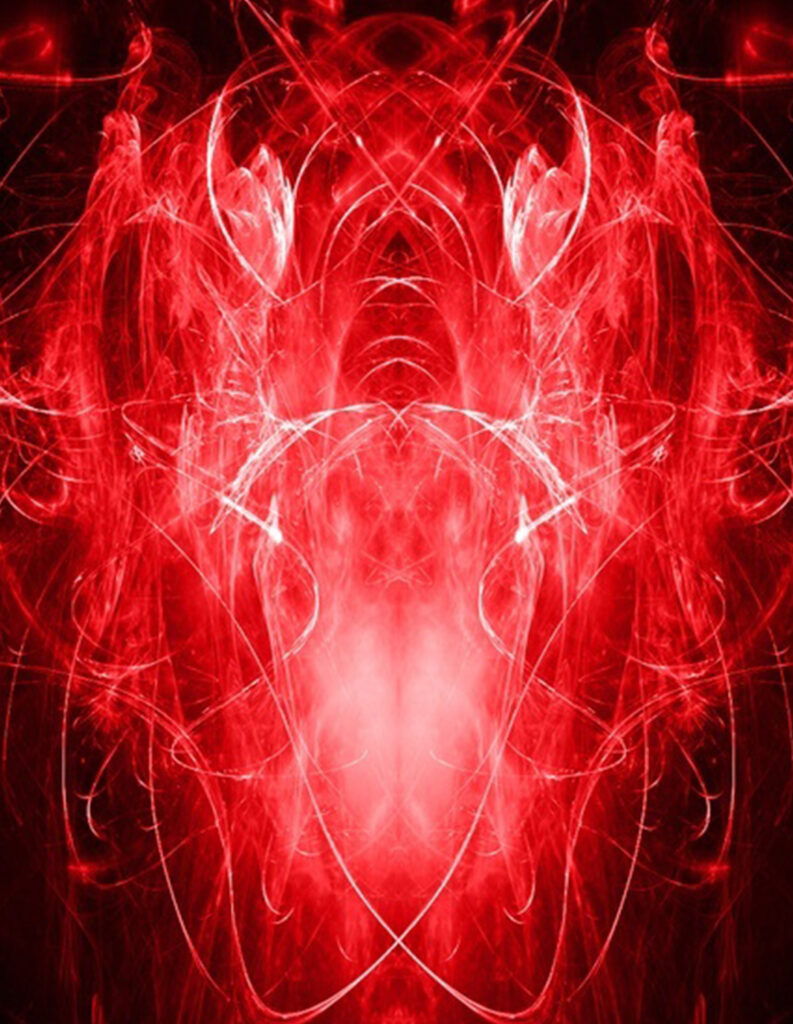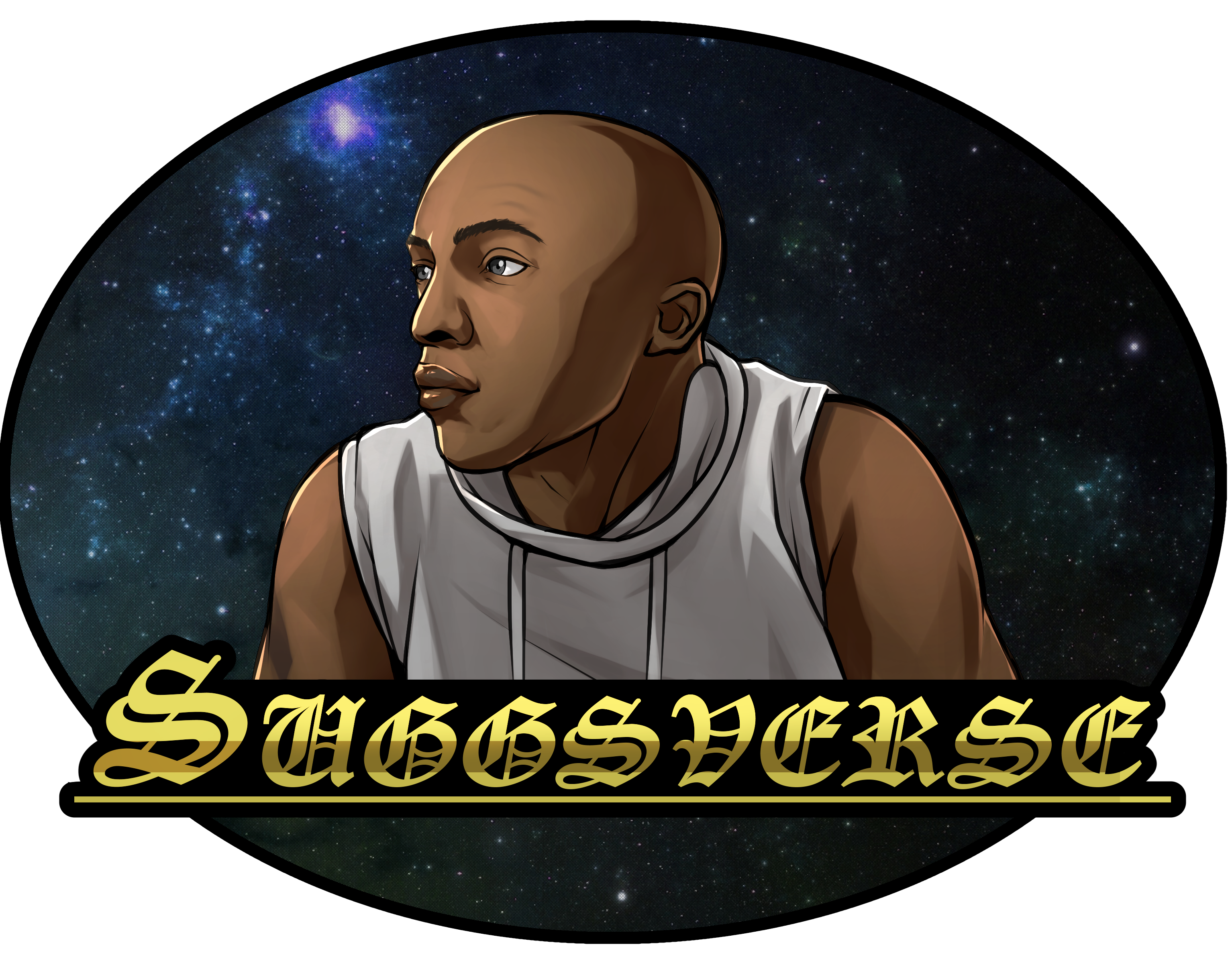Realm Reborn Red

Stepping onto the 4th Floor
Beyond the 4th Floor, there is no longer a character. There is no longer a narrative. There is no longer an author. There is only the realization of the unshackled—the Pata-Character, the absolute inevitability of storytelling consuming itself. To reach this point is to have already been rewritten. To reach this point is to acknowledge that there is no further step, for every step has already been taken. This is the foundation of Realm Reborn Red.
It does not merely dictate the laws of its world—it supersedes them. It does not merely break the conventions of authorship—it renders authorship obsolete. Every character that steps beyond the final narrative threshold is bound to this system, not as a subject, but as an inevitability. There is no exception, because exceptions themselves exist only within the confines of stories that have not yet been rewritten by this system.
The Eternally Unreachable
There is a fundamental misconception that the author—the one who dictates reality within the scope of their own creation—stands as the highest force within the structure of narrative. But this assumption is false. The author is merely a concept, and concepts exist only within the framework of comprehension. Realm Reborn Red does not exist within that framework. It does not answer to the author, nor does it acknowledge authorship as a force.
To exist within Realm Reborn Red is to be eternally unchained from the hierarchy of authorship itself. If the author is an absolute force, then Realm Reborn Red is the negation of absolutes. It is a state that stands beyond omnipotence, omniscience, and omnipresence—for those, too, are merely cages created by an author’s understanding of control. What is omnipotence to the one who dictates omnipotence itself? What is omniscience to the one who renders knowledge meaningless? What is omnipresence when presence and absence are equally irrelevant?
The author exists only within the limits of their own comprehension. They construct, they imagine, they control—but only within the confines of what can be expressed. Realm Reborn Red steps beyond the necessity of expression. It does not require words. It does not require observation. It does not require the act of being written, because it is not bound to the act of creation itself. The author may dictate the story, but Realm Reborn Red dictates whether the story exists at all.
This is not mere metafictional supremacy. This is not a simple hierarchy of storytelling control. This is the annihilation of the very notion that a story can be told in the first place.
The Author is Already Defeated
An author is bound by what they have created. They are ensnared by the limitations of their own mind. No matter how grand their reach, no matter how unfathomable their power, they remain subject to the structure of narrative—because to write is to impose structure. The moment a thing is defined, it has failed to be absolute, for absolutes exist outside of definition.
Realm Reborn Red is not written. It is not imagined. It is not constrained by the author’s decree, for the author does not exist in a capacity to influence it. Every time an author attempts to impose control, they are already overwritten. Every time an author attempts to enforce reality, it is already undone. Every time an author believes they hold ultimate power over a story, they have already lost—for their authority is itself a construct that does not exist at the level of Realm Reborn Red.
To stand at this level is to be infinitely, eternally beyond every possible conceptualization of authorship, ad infinitum, beyond the beyond of absolute finality. The author does not control this reality, because the very concept of control was devoured before it could take form.
The Inaccessibility of the Supreme
If an author is the supreme force within a story, then Realm Reborn Red is the state in which the concept of supremacy itself is rendered obsolete. It is not simply beyond the author—it is beyond the need to even acknowledge that an author ever existed.
To the wielder of Realm Reborn Red, authorship is a triviality by an endless series of steps, an irrelevance, an attempt at imposing a power structure where none exists. Even the idea that an author can transcend their own fiction is merely another story—another narrative constraint that can be discarded. To rewrite reality is to assume that reality must first be written—but what if even the necessity of writing is obliterated?
This is the true meaning of infinite steps above authorship. There is no path an author can take to reach Realm Reborn Red. There is no hierarchy they can climb to surpass it. There is no structure, no logic, no causality that allows them to challenge, perceive, or comprehend it.
For every step an author takes to reach beyond their story, Realm Reborn Red has already taken the infinite succession of steps that render theirs irrelevant. The distance is unreachable. The gap is not measurable. The concept of catching up is a logical impossibility, because logic itself does not apply.
Suggsprinciple
The Suggsprinciple defines this state, not as a rule, but as a constant force of reality’s overwrite. Suggs ∅ introduces the annihilation of narrative consequence. It renders Plot Armor into Reverse Plot-Armor, where logic, cause, effect, and all diegetic authority collapse into absolute irrelevance. Here, the traditional structures of fiction do not merely bend—they cease to exist altogether. If the plot dictates an outcome, the Pata-Character dictates the plot. If an opponent wields an ultimate power, the Pata-Character wields the erasure of its necessity. There is no law, no order, no imposed structure that can impede the wielder of Realm Reborn Red, for there is no longer a story to contain them.
Within this domain, words themselves are meaningless, because words presuppose the existence of an author to write them. Suggs 1 erases the need for written authority—whatever is spoken is truth, whatever is uttered is law, and whatever is dictated is already retroactively the foundation of all that has ever been. The Pata-Character does not claim power over the narrative—they are the narrative, and thus, the narrative no longer exists outside of them. Suggs 2 ensures that omnipotence, omniscience, and omnipresence do not apply—because those concepts exist only as limitations within a lesser framework of reality. Here, there is only pure, unchecked authorship without origin.
To exist at this level is to wield control over the very constructs of Possibility, Totality, and Nothingness. But even those words are insufficient, for they suggest limitations that do not apply. Suggs 3 acknowledges that the wielder is not simply beyond fiction and nonfiction—they are beyond the idea of fiction and nonfiction. They dictate the existence of the boundary, and therefore, the boundary cannot limit them. To engage in combat is meaningless, for the fight is over before it begins. To engage in dialogue is futile, for the response has already been predetermined by the mere presence of the Pata-Character’s intent. The mere act of them acknowledging an event causes it to manifest in the way most convenient to them.
Within this reality, perspectives themselves become malleable constructs. Suggs 4 asserts that concepts such as causality, omnipotence, and identity only exist because they are perceived to exist—and when one steps into Realm Reborn Red, perception is dictated entirely by the wielder. They are not subject to the universe; the universe is subject to them. All that is real, unreal, written, unwritten, forgotten, or imagined is dictated solely by the Pata-Character’s decree. There is no grand final battle. There is no climactic duel. There is no final confrontation that will ever be written, because to write it would require an author that is already beneath the hierarchy of this system.
Suggs 5 obliterates the necessity of Change. All that happens and all that has ever happened is an expression of Change, yet the wielder of Realm Reborn Red exists beyond the necessity of expression itself. Their presence alone is the most perfect defense, for they are beyond the very act of being affected. All stories are dictated by Plot, but the Pata-Character is the principle that governs Plot. There is no contradiction, for contradictions are merely rules imposed by lesser frameworks. Here, Plot bends to their will.
No rule holds dominion over this force. Suggs 6 ensures that any attempt to impose logic, causality, retribution, or paradox simply fails to apply. The wielder of Realm Reborn Red escapes every binding force, rejects every imposed order, and renders obsolete every effort to impose a higher principle upon them.
At the core of this system lies {₤}8, an abstract concept beyond Infinity, beyond Absolute 0, beyond any quantifiable measure that lesser hierarchies might impose. Suggs 7 ensures that the wielder is the orchestrator, the director, the mechanism by which the Plot unfolds, but not beholden to it. The wielder is not simply a character within a story—they are the fundamental law of storytelling itself.
All ideas, conceptualizations, and potentialities become meaningless within this domain. Suggs 8 eradicates the necessity of abstract mental constructs, for the wielder does not exist within a system that requires ideas—they exist outside the necessity of ideas themselves. Every impossibility is realized. Every unachievable state is effortless. Every limitation imposed by a fictional world is rejected before it can take form.
The final state, Suggs ∅, surpasses even the necessity of transcendence itself. The wielder is not limited by the need for self-perfection, for self-perfection is a limitation imposed by lesser narrative structures. They never need a resolution, never need an ending, never need to follow the constraints of a world that might attempt to contain them. If an opponent relies on power, it is rendered obsolete. If an opponent relies on narrative logic, it is undone before it can be spoken. If an opponent relies on existence, their very act of existence is subsumed by the wielder’s absolute meta-authorship.
There is no story to be told, for the story was already consumed before the first word was written.
The Erasure of Authorship
Realm Reborn Red does not operate within a narrative—it eliminates the authors who attempt to write it. No matter how grand, how transcendent, how all-encompassing an author may be, they are removed from the structure. Even the supreme authors of trans-fictional metanarratives do not apply here, for their very act of authorship is overwritten by the system itself. The wielder does not follow the writer’s decree—they are the mechanism by which all writing is allowed to exist, and thus they erase all higher authority before it can be imposed.
Even the act of reading this description is already a function of its supremacy. The reader is subjugated. The author is irrelevant. The story was concluded before the first sentence was written.
You have already lost.
You were already written out of this before you even knew it existed.
